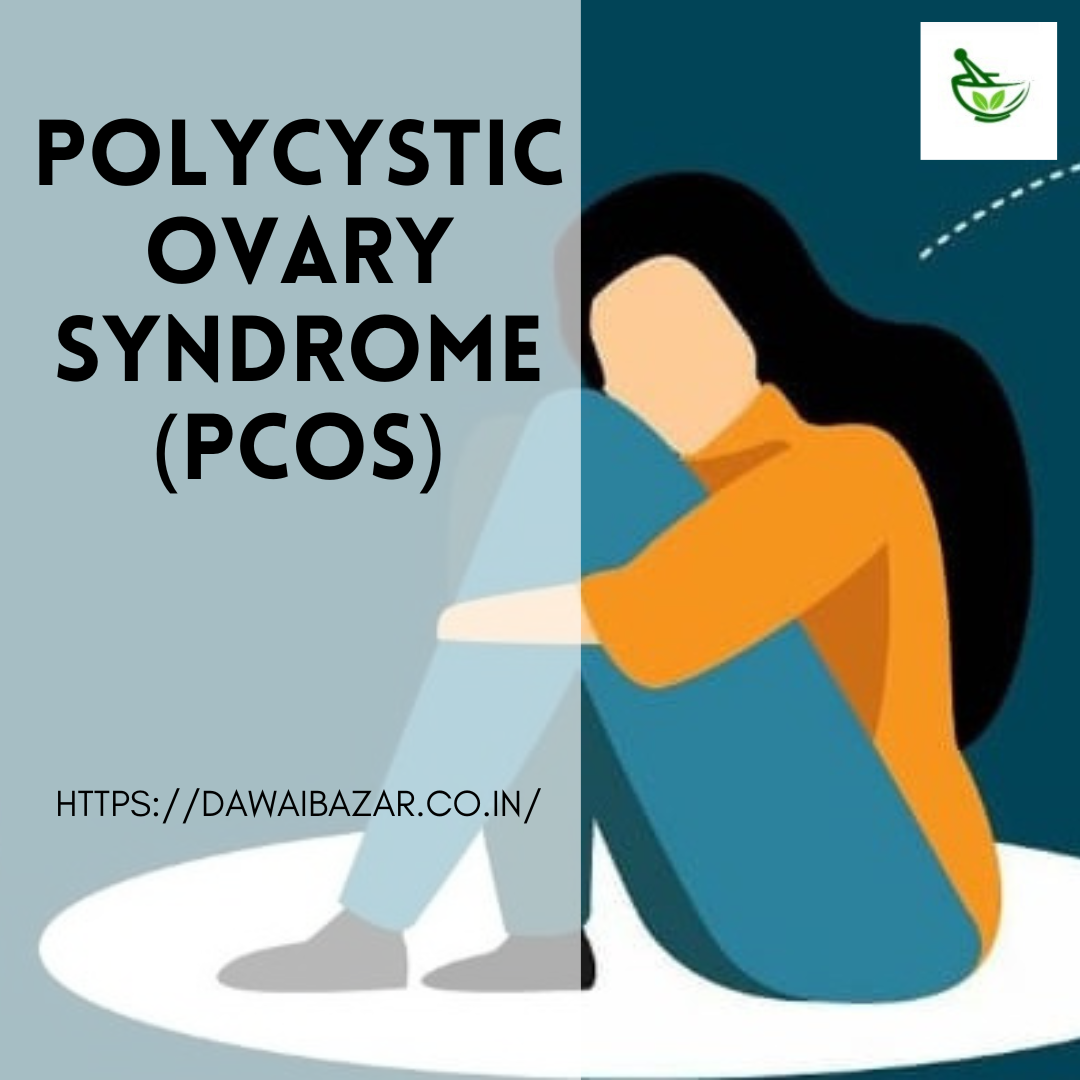Understanding PCOS and its Impact on Fertility: How Polycystic Ovary Syndrome Can Affect Your Ability to Conceive

Understanding PCOS and its Impact on Fertility: How Polycystic Ovary Syndrome Can Affect Your Ability to Conceive
Polycystic Ovary Syndrome (PCOS) is a hormonal disorder that affects approximately 10% of women of reproductive age. This condition is caused by an imbalance of hormones, which can lead to a variety of symptoms, including irregular periods, acne, weight gain, and fertility issues.
One of the main symptoms of PCOS is irregular ovulation, which can make it difficult for women to conceive. In fact, up to 80% of women with PCOS may have difficulty getting pregnant. This is because the hormonal imbalances associated with PCOS can interfere with the normal functioning of the reproductive system.
Women with PCOS may have high levels of luteinizing hormone (LH) and androgens (male hormones) and low levels of follicle-stimulating hormone (FSH). This hormonal imbalance can cause the ovaries to produce immature follicles, which can prevent ovulation from occurring. As a result, women with PCOS may have irregular periods or may not ovulate at all.
In addition to irregular ovulation, PCOS can also cause other issues that can affect fertility. For example, women with PCOS are more likely to have insulin resistance, which can lead to high blood sugar levels and can interfere with ovulation. Insulin resistance can also cause weight gain, which can further complicate fertility issues.
Women with PCOS may also have high levels of androgens, which can interfere with ovulation and cause other fertility issues. Androgens can cause the ovaries to produce more follicles than normal, which can lead to the formation of ovarian cysts. These cysts can interfere with ovulation and make it more difficult to conceive.
If you have PCOS and are trying to conceive, it's important to work with your healthcare provider to develop a treatment plan. This may involve lifestyle changes, such as losing weight and exercising regularly, as well as medications to help regulate ovulation and improve fertility.
One common medication used to treat PCOS-related infertility is clomiphene citrate, which is a selective estrogen receptor modulator (SERM). This medication helps to stimulate ovulation and can increase the chances of pregnancy. Other medications, such as metformin, may be used to help regulate blood sugar levels and improve ovulation.
In addition to medications, there are other steps you can take to improve your chances of conceiving with PCOS. For example, maintaining a healthy weight, eating a balanced diet, and getting regular exercise can all help to improve fertility. You may also want to consider working with a fertility specialist who has experience in treating women with PCOS.
While PCOS can make it more challenging to get pregnant, it's important to remember that many women with this condition do go on to have successful pregnancies. By working closely with your healthcare provider and taking steps to manage your PCOS symptoms, you can increase your chances of conceiving and starting a family. If you're struggling with infertility and suspect you may have PCOS, don't hesitate to talk to your healthcare provider to learn more about your options.









